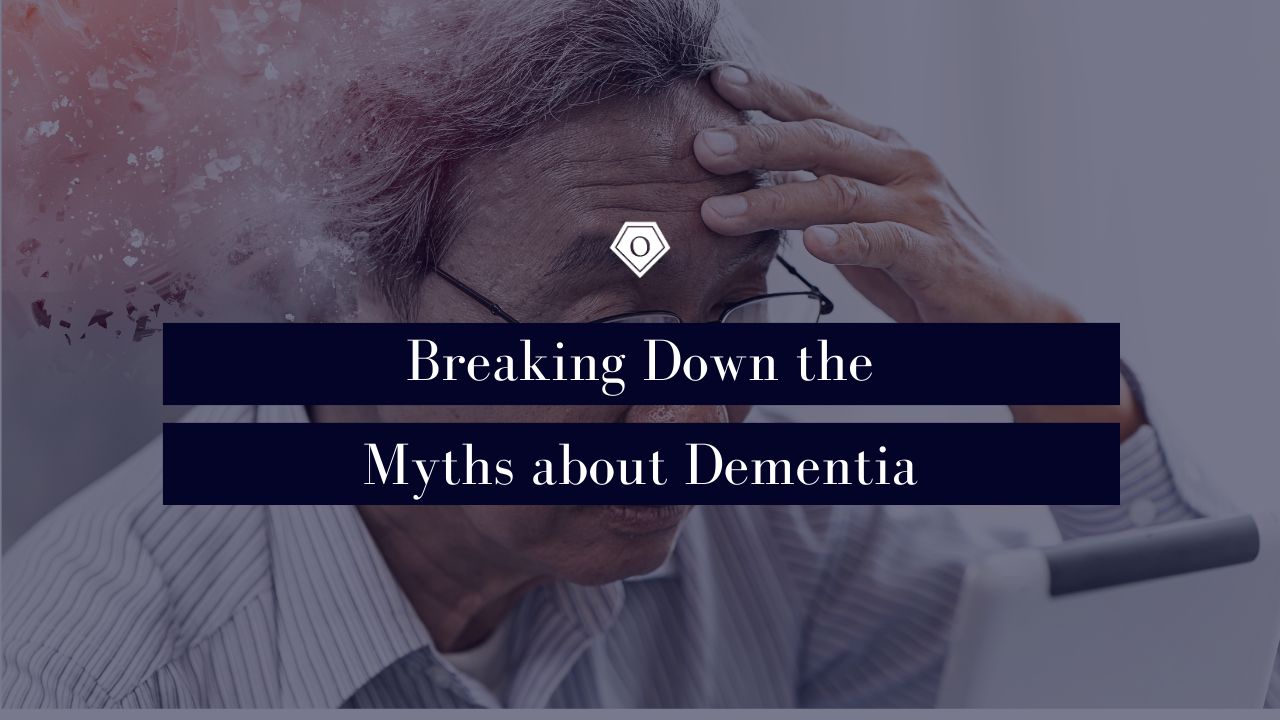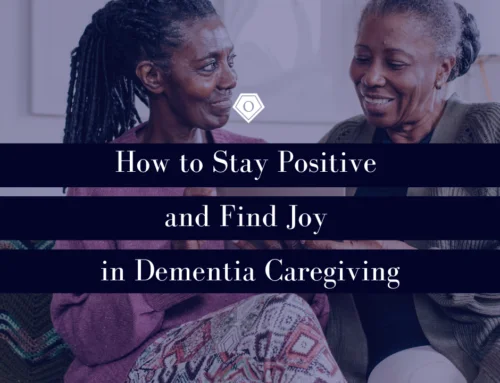Dementia is a complex and often misunderstood condition that affects millions of people worldwide. Despite its prevalence, there are still many myths and misconceptions surrounding dementia that can lead to stigma, fear, and misunderstanding. In this blog post, we will delve into some of the most common myths about dementia, debunking them with facts and insights from experts in the field.
Myth 1: Dementia is a Normal Part of Aging
One of the most pervasive myths about dementia is that it is an inevitable part of getting older. While it is true that dementia becomes more common with age, it is not a normal or natural consequence of aging. Dementia is a neurodegenerative disorder caused by various underlying conditions, such as Alzheimer’s disease, vascular dementia, Lewy body dementia, and others. Aging does not cause dementia, and many older adults maintain their cognitive abilities well into their later years.
Myth 2: Memory Loss Equals Dementia
Memory loss is often associated with dementia, but it is not the only symptom nor a definitive indicator of the condition. While memory loss can be a hallmark symptom of certain types of dementia, such as Alzheimer’s disease, dementia encompasses a wide range of cognitive impairments, including difficulties with language, problem-solving, decision-making, and executive function. Additionally, occasional forgetfulness is common and does not necessarily indicate dementia.
Myth 3: Dementia is Untreatable and Incurable
Contrary to popular belief, dementia is not always untreatable or incurable. While there is currently no cure for most types of dementia, there are treatments and interventions available that can help manage symptoms, slow disease progression, and improve the quality of life for individuals living with dementia. These may include medications, cognitive rehabilitation, lifestyle modifications, and supportive therapies. Early diagnosis and intervention are crucial to maximizing the effectiveness of treatment options.
Myth 4: People with Dementia Cannot Lead Meaningful Lives
Another harmful myth about dementia is that it robs individuals of their ability to lead fulfilling and meaningful lives. While dementia can present significant challenges and limitations, many people living with the condition are still capable of experiencing joy, connection, and purpose. With appropriate support, accommodations, and understanding, individuals with dementia can continue to engage in activities they enjoy, maintain relationships, and contribute to their communities in meaningful ways.
Myth 5: Dementia Only Affects Older Adults
While dementia is more common in older adults, particularly those over the age of 65, it can also affect younger individuals. Early-onset dementia, which refers to the onset of symptoms before the age of 65, can occur due to genetic factors, traumatic brain injury, certain medical conditions, or other causes. Younger individuals living with dementia may face unique challenges and barriers to diagnosis and support, highlighting the importance of raising awareness and understanding of dementia across all age groups.
Myth 6: Dementia is Always Inherited
While genetics can play a role in certain types of dementia, such as familial Alzheimer’s disease, most cases are not directly inherited. Instead, dementia is often influenced by a combination of genetic, environmental, and lifestyle factors. While having a family history of dementia may increase the risk of developing the condition, it does not guarantee that an individual will develop dementia. Additionally, many cases of dementia occur sporadically without a clear genetic link.
Myth 7: Once Diagnosed with Dementia, There’s Nothing You Can Do
Receiving a diagnosis of dementia can be overwhelming and frightening, but it does not mean that all hope is lost. Individuals can proactively manage their condition and maintain their quality of life in many ways. This may involve participating in cognitive stimulation activities, staying physically active, eating a balanced diet, managing other health conditions, seeking support from healthcare professionals and support groups, and adapting to their living environment as needed. By taking an active role in their care and focusing on what they can control, individuals living with dementia can continue to lead meaningful and fulfilling lives.
Dispelling myths and misconceptions about dementia is crucial for promoting understanding, empathy, and support for individuals living with the condition.
By challenging stereotypes and providing accurate information, we can foster a more inclusive and compassionate society where people with dementia are valued, respected, and supported in living their best lives. Let’s continue to educate ourselves and others about dementia, debunking myths one misconception at a time.
Additionally, home health care can be a valuable resource in navigating the changes and fears associated with a dementia diagnosis. Home health care offers invaluable support to families navigating dementia by providing specialized care and assistance in the comfort of their own home. Trained caregivers offer personalized care plans tailored to the unique needs of each individual, helping to manage symptoms, promote independence, and enhance quality of life. From assistance with activities of daily living to medication management and cognitive stimulation exercises, home health care professionals provide comprehensive support that empowers families to navigate the challenges of dementia with confidence and peace of mind. Moreover, being in a familiar environment can help reduce confusion and agitation often experienced by individuals with dementia, fostering a sense of security and continuity. Additionally, home health care services can offer respite for family caregivers, allowing them to recharge and attend to their own needs while ensuring their loved ones receive the care and attention they deserve. Overall, home health care plays a vital role in enabling families to maintain a sense of normalcy and connection while navigating the dementia journey together.






